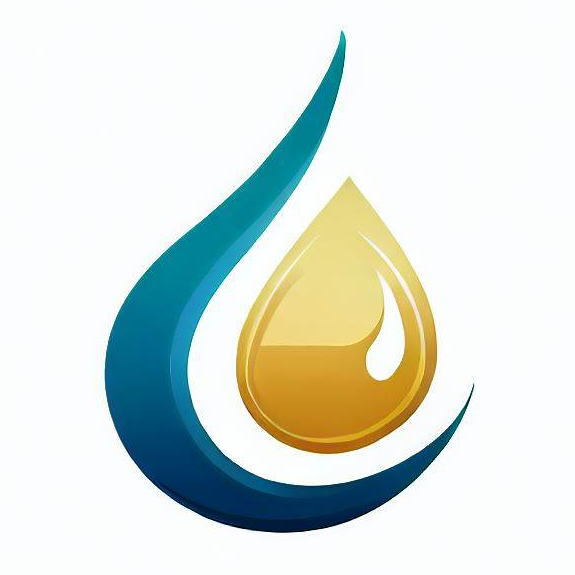There are 60-70% of petrol in light crude oil. While only 40-50% in heavy crude1.
In more details, every 159 litres barrel of heavy Crude oil produces the following:
- 73 litters Petrol (some say 45%)
- 36 litres Diesel
- 20 litters Jet fuel & heavy fuel oil
- 6 litres Propene
- &
- 34 litters of other products (Butane, Asphalt & Sulphur)2
Introduction
Crude oil, often referred to as “black gold,” is a complex mixture of hydrocarbons extracted from deep within the Earth’s crust. It’s a vital resource that serves as the foundation for numerous products we rely on daily. So, one of the most prominent products derived from crude oil is petrol, or gasoline, which fuels our vehicles and powers transportation systems. In this blog post, we’ll explore the factors that influence petrol production from different types of crude oil and delve into various refining processes that play a significant role in determining the petrol yield.
Factors Influencing Petrol Production
The amount of gasoline that can be produced from crude oil depends on a range of factors:
1. Crude Oil Types:
Different types of crude oil have varying compositions, densities, and properties. Light crude oil, often found in regions like the Middle East, yields more petrol due to its higher proportion of lighter hydrocarbons. Heavy crude oil, found in places like Canada’s oil sands, contains more complex and dense hydrocarbons, which result in lower petrol yields.
2. Refining Techniques:
Refining is the process of converting crude oil into valuable products. The complexity of the refining process determines the range of products obtained, including petrol. So, modern refining techniques have become increasingly sophisticated, enabling higher yields of petrol.
3. Cracking Processes:
Cracking involves breaking down larger hydrocarbon molecules into smaller ones. Fluid Catalytic Cracking (FCC) and Hydrocracking are common techniques used to maximize petrol production. Therefore, these processes target heavier hydrocarbons and transform them into lighter fractions, including petrol.

Crude Oil Types and Petrol Production
Let’s take a closer look at how different types of crude oil impact gasoline production:
1. Light Crude Oil:
Light crude oil, characterized by its lower density and viscosity, contains a higher percentage of valuable light hydrocarbons. This makes it a prime source for petrol production. For example, approximately 60-70% of a barrel of light crude oil can be refined into petrol, making it an attractive option for gasoline production.
2. Heavy Crude Oil:
Heavy crude oil contains more complex and denser hydrocarbons, leading to lower petrol yields. Typically, only around 40-50% of a barrel of heavy crude oil can be refined into petrol. However, advancements in refining technology have improved the efficiency of extracting petrol from heavy crude.
Refining Processes and Petrol Production
Different refining processes play a significant role in determining the petrol yield:
1. Fluid Catalytic Cracking (FCC):
FCC is a key process in which heavier hydrocarbons are broken down into lighter fractions, including petrol. As a result. this process is highly effective in increasing petrol yields and is commonly used in refineries worldwide.
2. Hydrocracking:
Hydrocracking combines hydrogen with heavy hydrocarbons, converting them into lighter products. This process not only yields petrol but also improves the quality of other refined products.
Conclusion:
Petrol production is a complex interplay of factors, including the type of oil and the refining techniques employed. For example, light crude oil offers higher petrol yields compared to heavy one, but advancements in refining processes have enhanced petrol extraction from heavier sources. So, the refining industry’s continuous innovation ensures that we can extract the most value from every barrel of crude oil, meeting the demands of modern transportation while considering environmental sustainability. As technology evolves, so does our ability to maximize the potential of this precious resource while minimizing its impact on the planet.
References
1 https://www3.uwsp.edu/cnr-ap/KEEP/Documents/Activities/Energy%20Fact%20Sheets/FactsAboutOil.pdf
2 https://www.quora.com/How-many-liters-of-petrol-are-produced-from-one-barrel-of-crude-oil


Leave a Reply